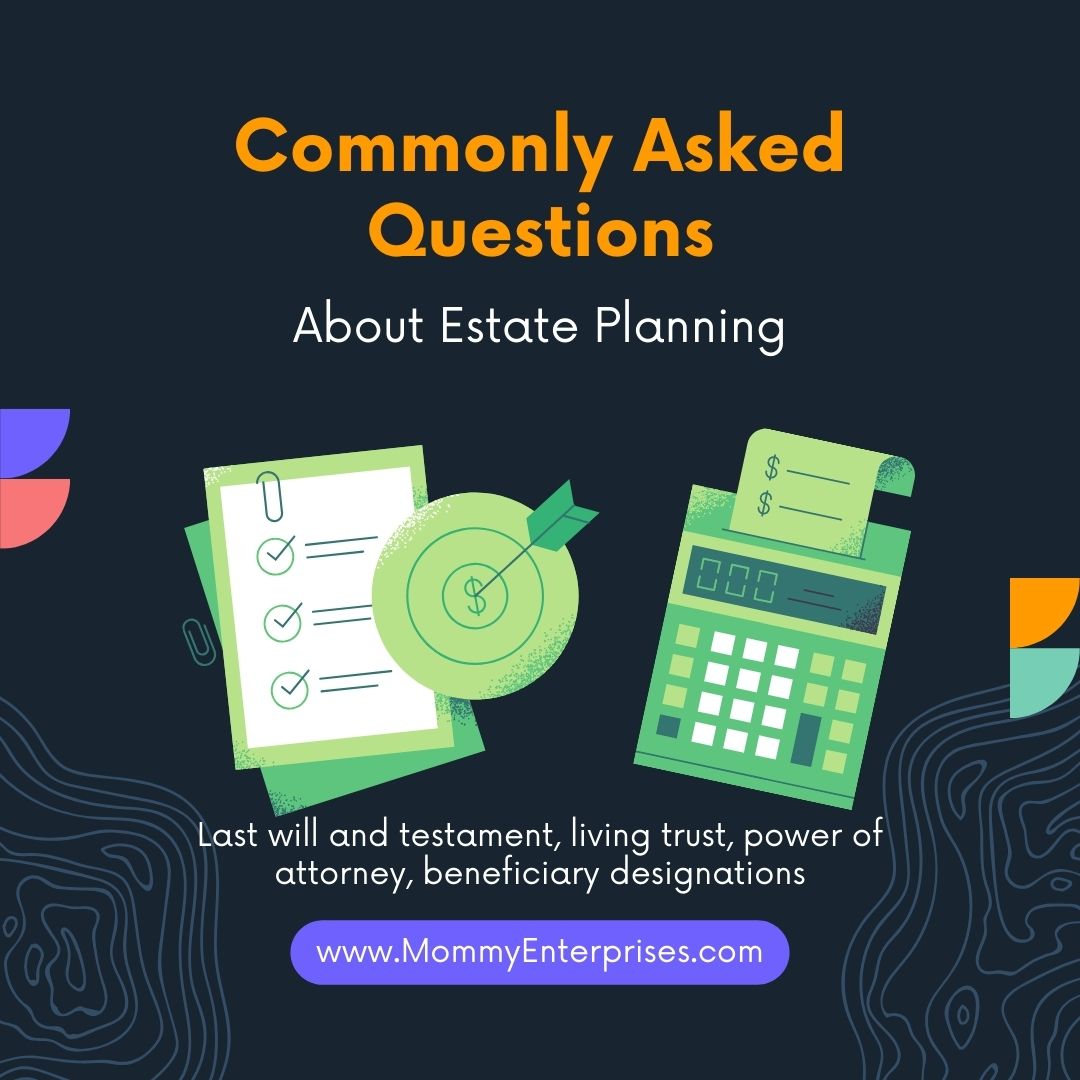Estate planning is a crucial process that helps individuals prepare for the future and ensure their assets are distributed according to their wishes after they pass away. Despite its importance, many people find estate planning confusing or overwhelming.
Who Needs an Estate Plan?
Estate planning is for anyone who owns assets, has dependents, or wants to have a say in their medical care should consider creating an estate plan. This includes young adults, parents with minor children, business owners, and individuals of all income levels.
For young adults, an estate plan can designate who will make medical decisions on their behalf if they become incapacitated. Parents of minor children can use estate planning to name guardians for their children and set up trusts to manage assets for their benefit. Business owners can use estate planning tools to ensure the smooth transition of their business after their death or incapacity.
What Are the Key Components of an Estate Plan?
Estate plans can vary based on individual circumstances, but several key components often include:
Last Will and Testament: This document outlines how you want your assets distributed after your death and can also name guardians for minor children.
Living Trust: A trust can help avoid probate and provide more control over how and when your assets are distributed.
Power of Attorney: This document designates someone to make financial decisions on your behalf if you become incapacitated.
Healthcare Directive: Also known as a living will, this document outlines your wishes for medical care if you’re unable to communicate them yourself.
Beneficiary Designations: These determine who will receive assets like life insurance policies and retirement accounts, often superseding instructions in a will.
Letter of Intent: While not legally binding, this document can provide additional guidance to your executor or beneficiaries about your wishes.
Understanding these components can help you start thinking about what you might want to include in your own estate plan.
What Should I Look For In An Estate Planning Attorney?
Look for an attorney who specializes in estate planning and has extensive experience in this area of law. Estate planning involves complex legal and tax issues, so expertise in this field is essential. Your estate planning attorney should be able to explain complex legal concepts in terms you can understand. They should also be responsive to your questions and concerns.
Each estate plan should be tailored to the individual’s unique circumstances. Look for an attorney who takes the time to understand your specific situation and goals. Understand the attorney’s fee structure upfront. While cost shouldn’t be the only factor, it’s important to ensure their fees align with your budget. Anyone looking for an estate planning attorney in Orlando, FL should talk to Paula Montoya Law. Their team will help you make informed decisions that will benefit you in the short and long term.
What Happens If I Die Without an Estate Plan?
Dying without an estate plan, known as dying “intestate,” can lead to unintended consequences. State laws determine how your assets are distributed in this situation, which may not align with your wishes. The probate court will appoint an administrator to manage your estate, and the distribution process can be lengthy and costly.
For individuals with minor children, the court will also decide who becomes their guardian if both parents are deceased. This decision may not align with who you would have chosen to care for your children.
Dying without an estate plan can lead to higher estate taxes and potential conflicts among family members. Creating an estate plan allows you to maintain control over these important decisions and can provide peace of mind for you and your loved ones.






Speak Your Mind